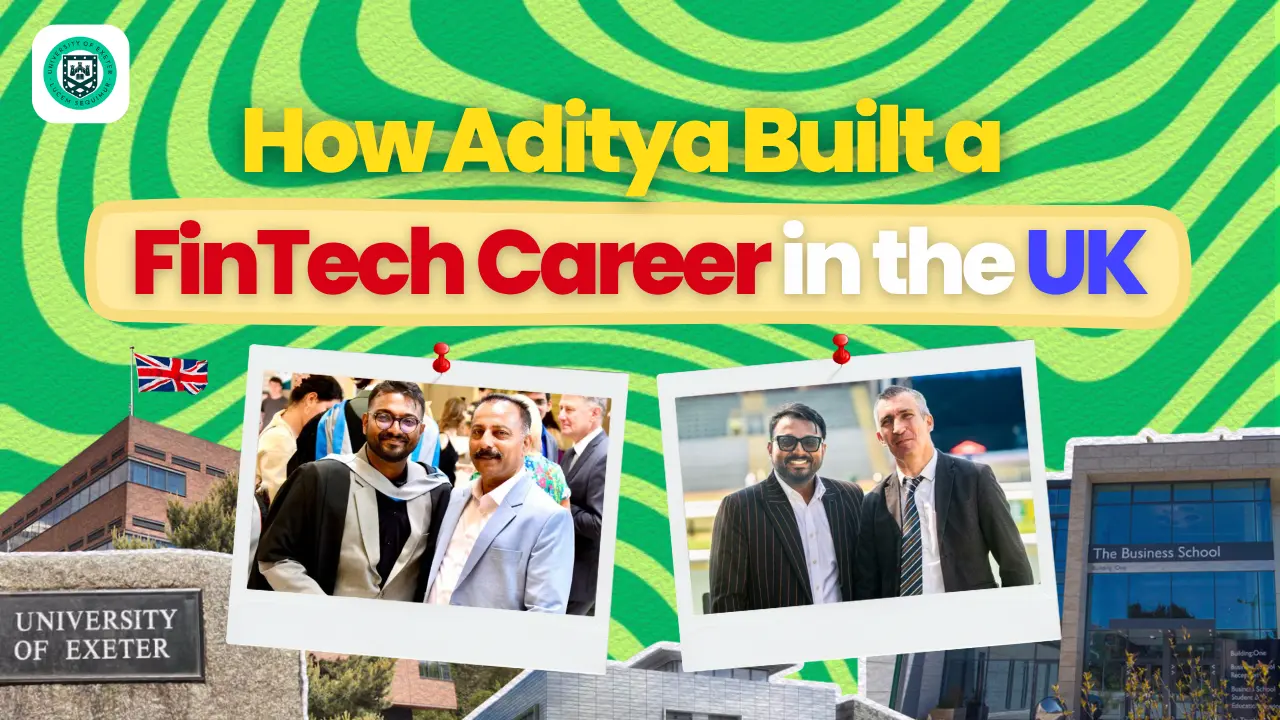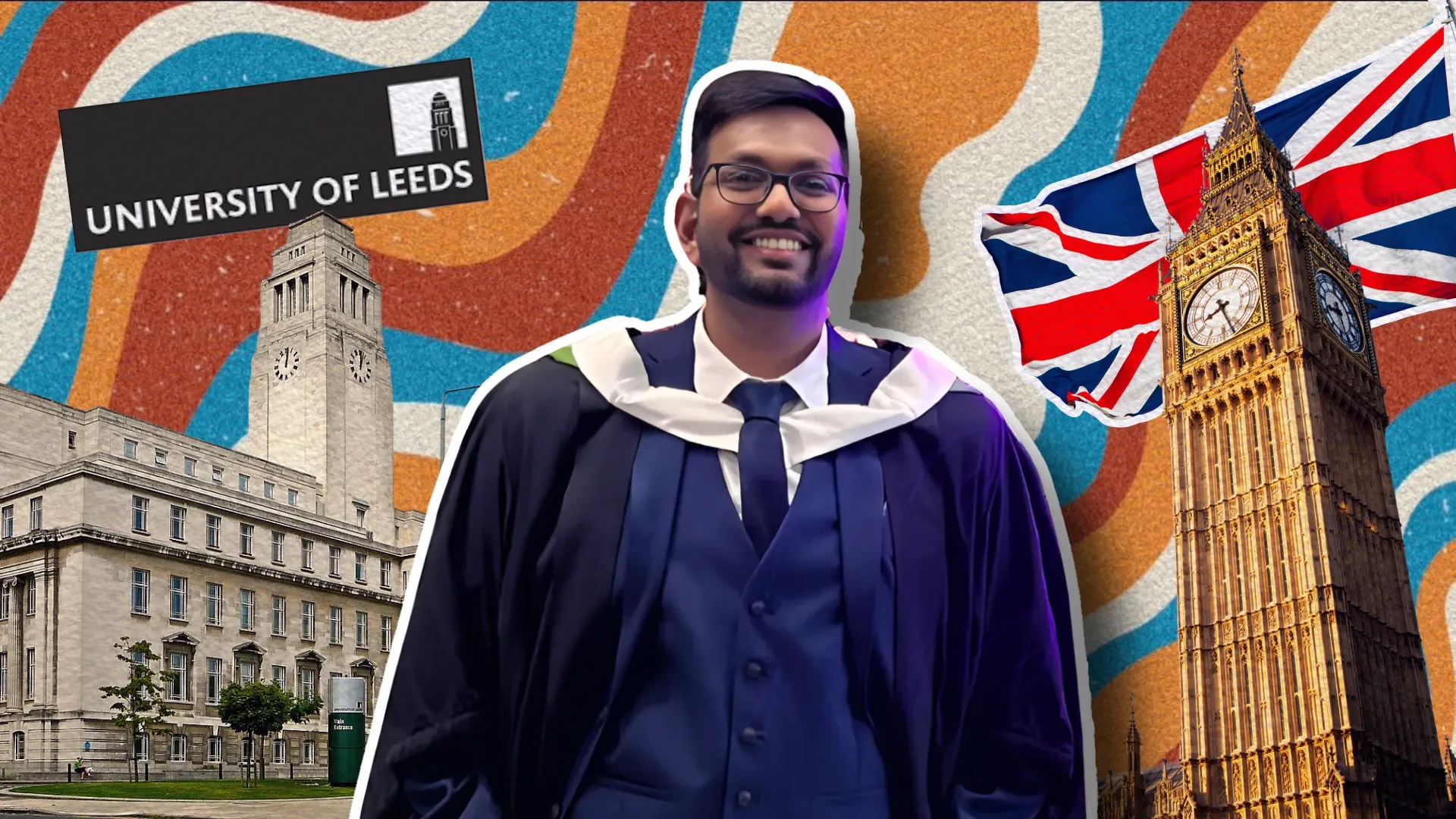Student Reviews
Overcoming a Last-Minute Visa Refusal: Dinesh's Journey to Concordia with Leap Scholar’s Support
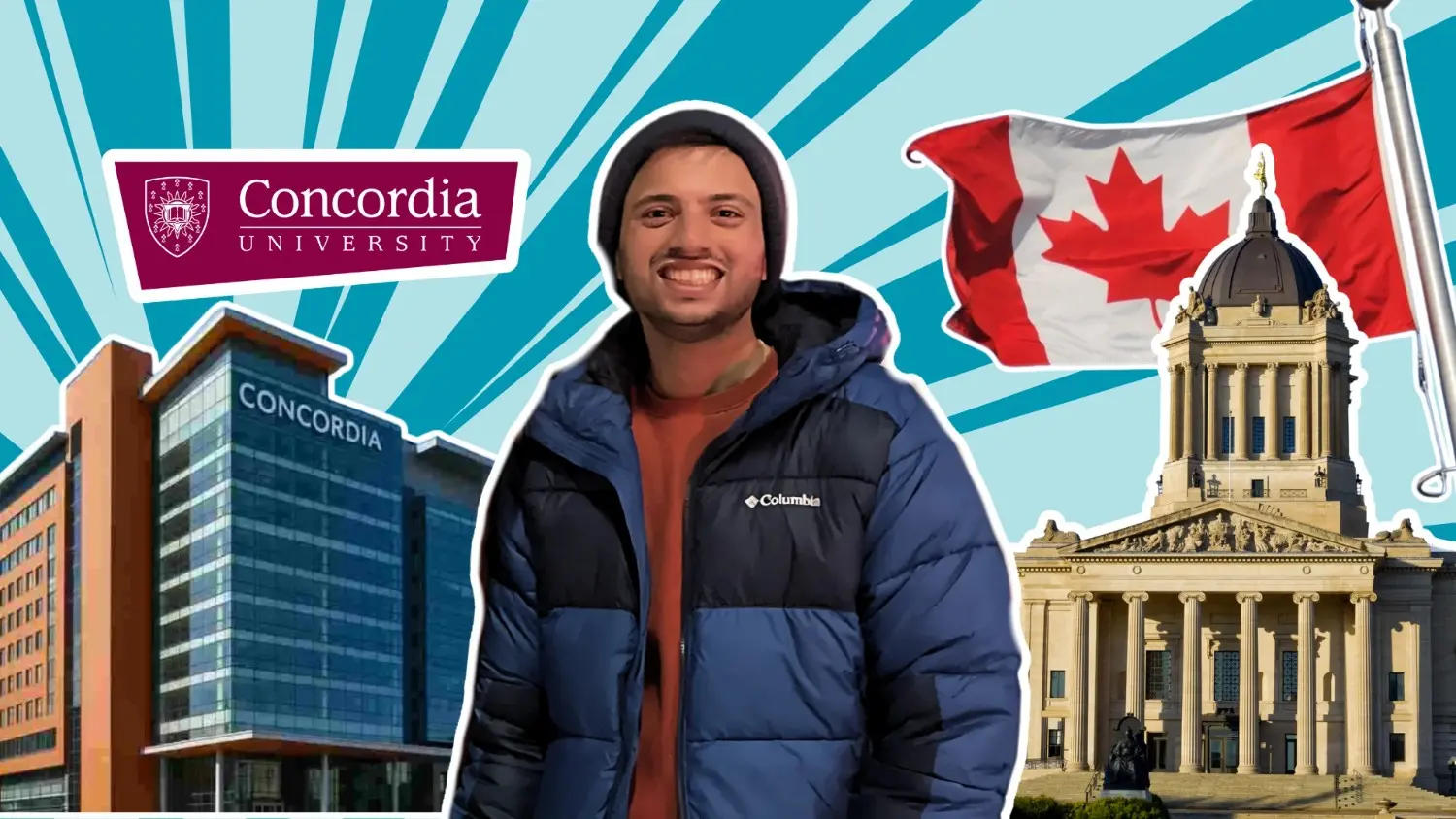
Dinesh Kini Bailoor is currently working as an Associate at Morgan Stanley in Montreal. He pursued his Master’s in Computer Software Engineering at Concordia University after completing his Bachelor’s in Computer Science from Visvesvaraya Technological University. In a conversation with Leap, Dinesh shares his journey of studying abroad and how Leap Scholar supported him throughout the application and visa process, making his dream of studying in Canada a reality.
Q. Tell us about your background.
I’m originally from Karnataka. After graduation, I worked in Bangalore as a software developer for about five years. It was a bit of a late decision for me to go for a master’s degree. Initially, I was more inclined toward the U.S., but considering my financial constraints and education budget, Canada seemed like a more practical choice. Coming from a family where no one had studied abroad before, the process felt daunting. I didn’t have siblings or friends who had gone through it to guide me. For a first-generation international student, having expert assistance is so important, and that’s when I came across Leap.
Q. Why did you want to study abroad?
I stayed in the same company for five years. On the positive side, it showed stability and credibility in my profile. But at the same time, I didn’t see much personal growth. I had two options: switch jobs or return to studying. From the beginning, even during my bachelor’s, I always had the desire to study abroad. For me, it wasn’t just about studying in a foreign country; it was also about the exposure. You get to meet people from different cultures, backgrounds, and languages.
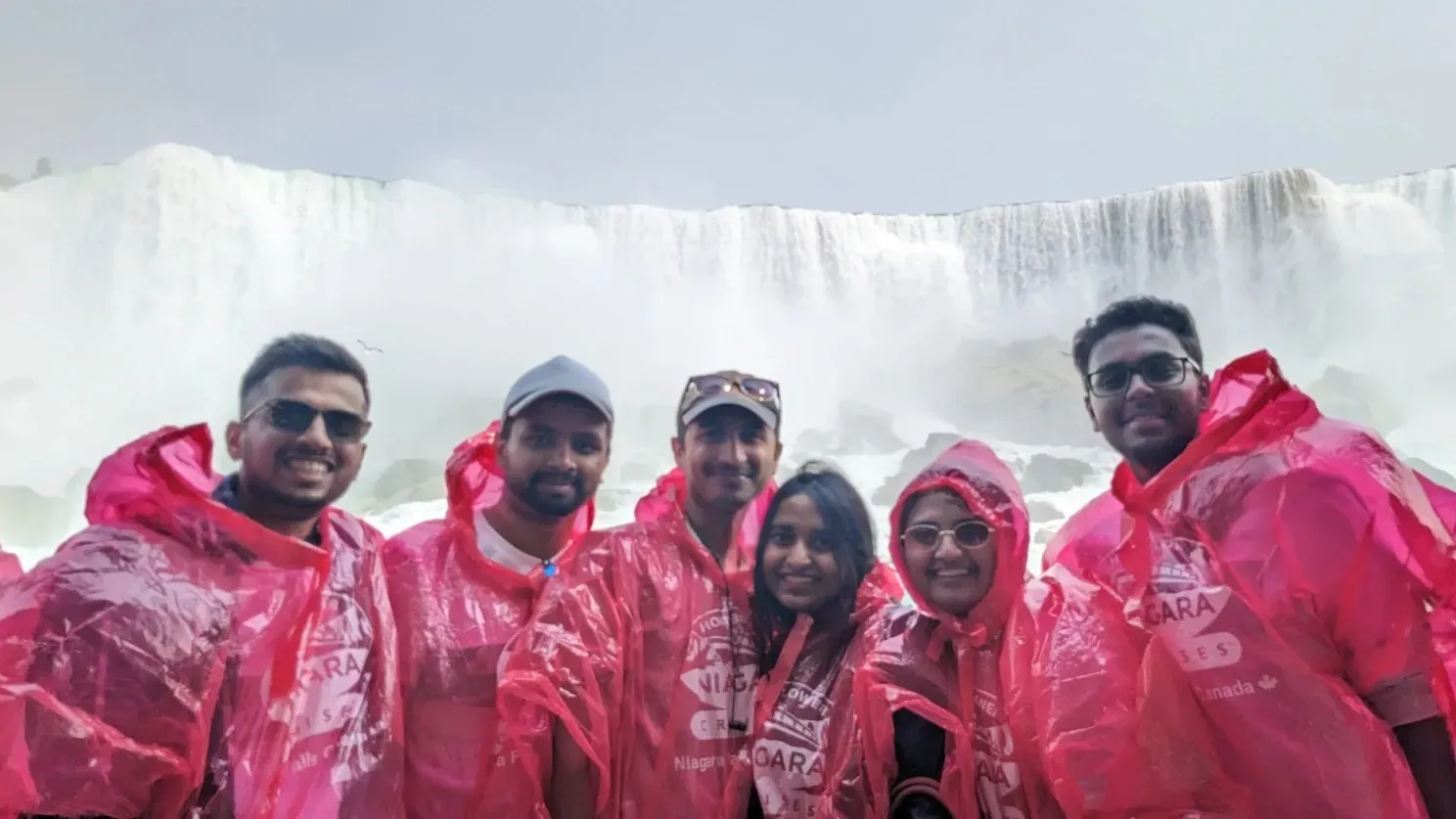
Q. What kind of support did you receive from Leap Scholar, and how did it impact your study-abroad experience?
It actually started in a very casual way. Someone mentioned Leap Scholar in a group chat, and that’s when I first looked them up. I explored their team online and decided to give it a try. I prepared for about three to three and a half months while working full-time. Since I come from a non-English background, most of my early education was in my mother tongue; language was a challenge, especially when it came to writing. Balancing preparation with work during the lockdown was tough. I even told myself that I’d attempt IELTS just once, and if it didn’t work out, I wouldn’t pursue a master’s at all. Looking back, that decision seems odd now, but at the time, it felt monumental. I scored a band score of 7.
Apart from IELTS, Leap Scholar also supported me with my Statement of Purpose (SOP), resume, and cover letters. Writing about yourself is tricky; you tend to either over-explain or miss the points that make you stand out. Leap’s feedback helped me highlight my strengths and make my application more compelling.
Q. What was it like adjusting to studying again after years of work experience?
I had been working as a software developer for five years, so going back to academics felt strange at first. Writing essays, getting recommendation letters, and preparing for exams again, it was challenging. I was also conscious that many of my peers would be younger than me, which made me a bit nervous. But one of the best things about studying in Canada is that education truly has no age barrier. In my classes, I’ve seen people in their 50s, as well as mothers attending with their children. Universities here are very accommodating and inclusive, which creates a welcoming environment for everyone.
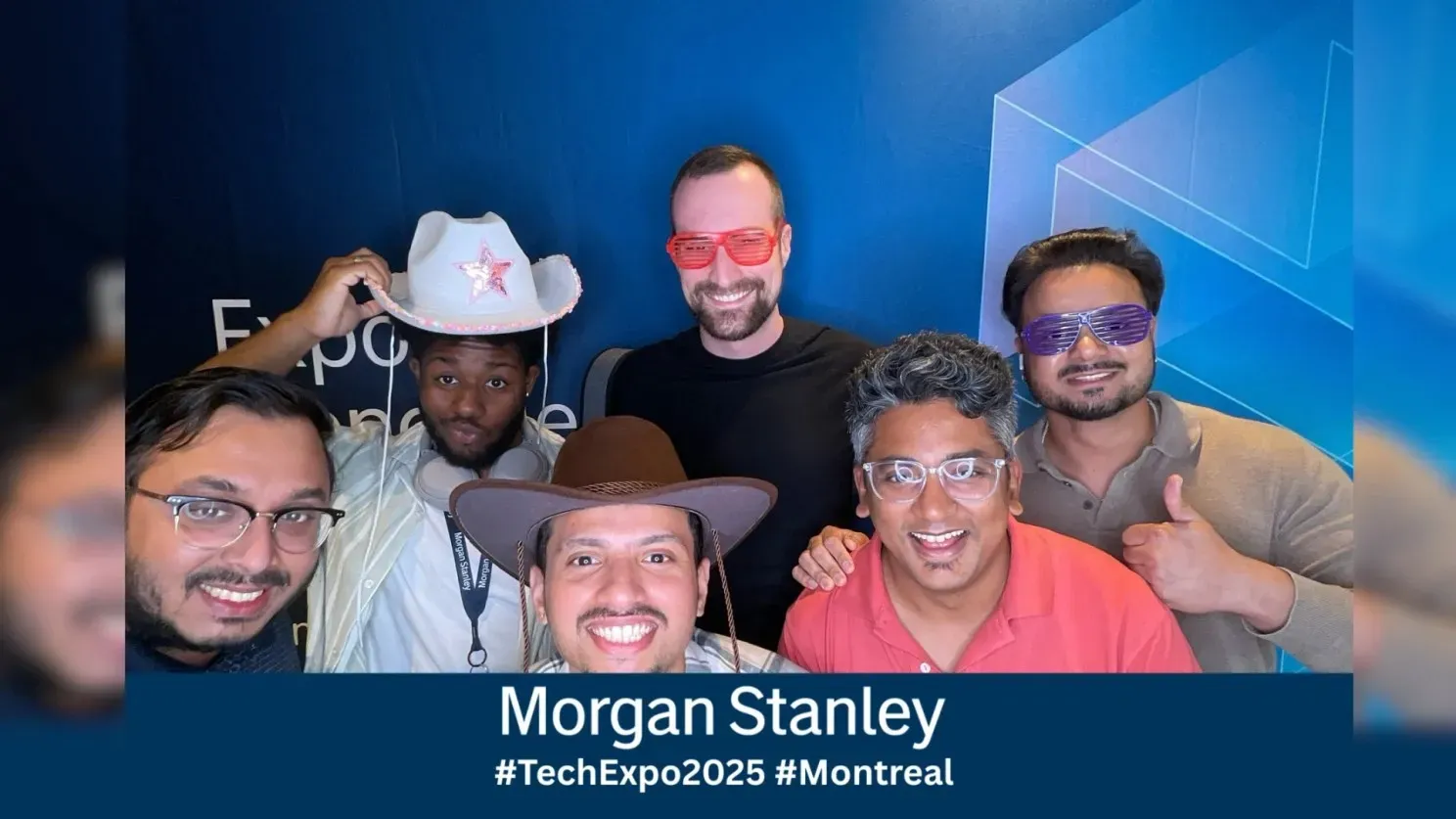
Q. Has your degree from Concordia helped you adapt to the rapid growth of AI?
The good thing about Concordia is that the program is very flexible. While pursuing a master’s in Computer Science, I had the freedom to select from a wide range of electives, including NLP, AI, machine learning, and more. I decided to take a mix of courses rather than specialize in just one area. For me, blending development-focused and management-oriented courses felt like the right fit.
Q. What advice would you give students planning to pursue a master’s abroad today?
If you’re planning to pursue a master’s abroad, it’s often a good idea to work for a year or two after your bachelor’s before applying. That way, you gain valuable experience while also having enough time to plan your applications properly. Instead of losing time, you’re building both your skills and your profile. It’s natural to sometimes feel isolated or mentally low, but building a good friend circle makes a huge difference. In India, most students don’t work part-time while studying, but here it’s common. I worked as a barista at a coffee shop, and later as a teaching assistant at Concordia. If you come in with a judgmental mindset, thinking, “Why am I working as a barista after leaving a software job?”, you’ll only lose motivation. But if you stay positive, these experiences actually help you grow.
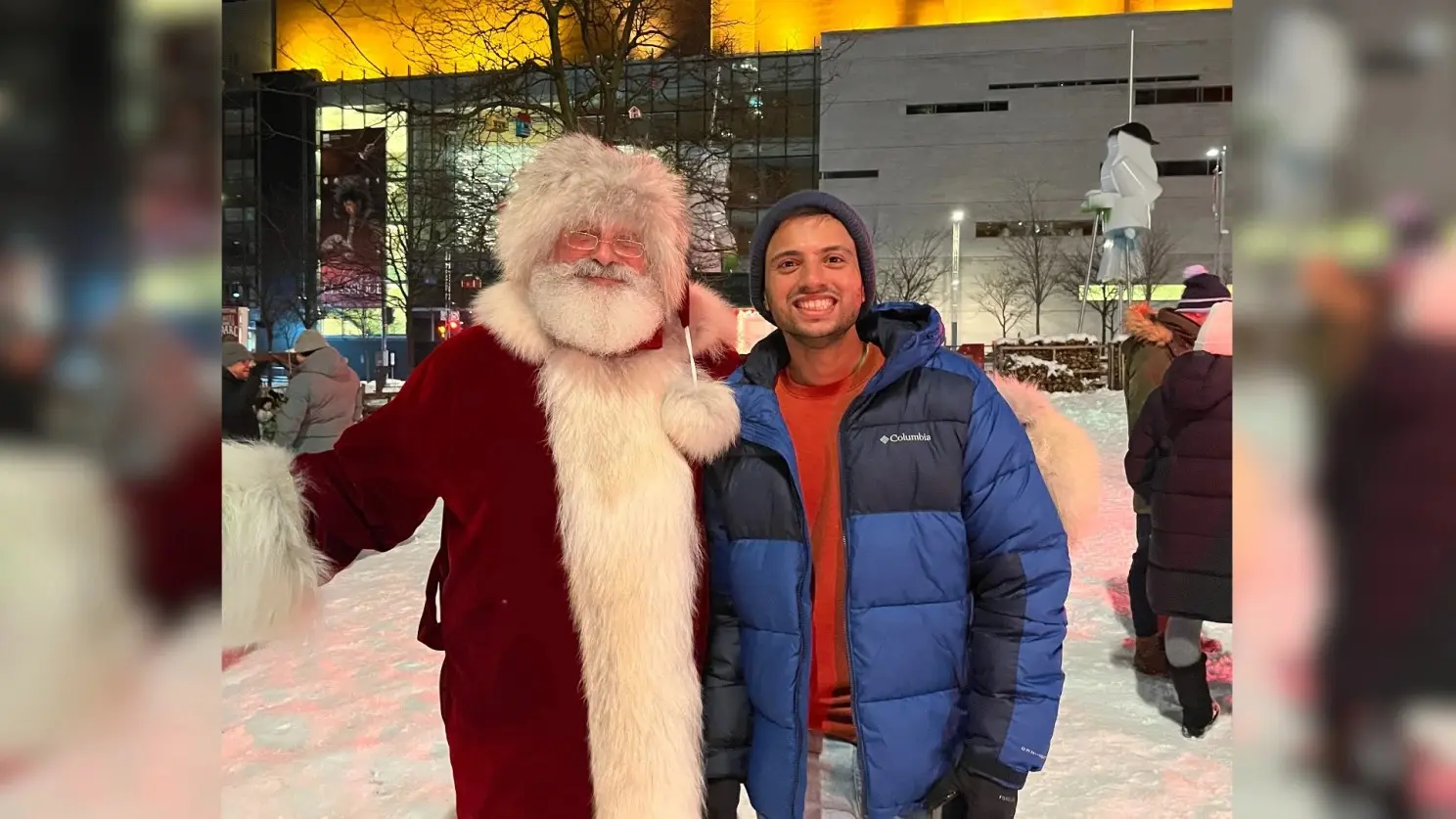
Q. Would you say Leap Scholar played a small part in your success?
I can explain that with my study abroad journey process, which was very dramatic. The Canadian visa process is usually time-consuming. I waited almost 80 days for a response. Unfortunately, my application was refused just ten days before my scheduled flight. It was a huge shock because I had already planned everything, my flight was booked, and I was packing my bags.
The reason wasn’t clearly stated, but I believe it was due to financial documentation. Strong financial proof is crucial for study visas, and maybe my paperwork wasn’t convincing enough the first time. I immediately reached out to Leap Scholar. They escalated the case and helped me resubmit with stronger documentation. As a result, I received my approval within just four days, even though the standard process typically takes around 80 days. That was incredible. Later, I even visited Leap’s Bangalore office to thank the counsellor who guided me. The support I received made a huge difference in my journey.
